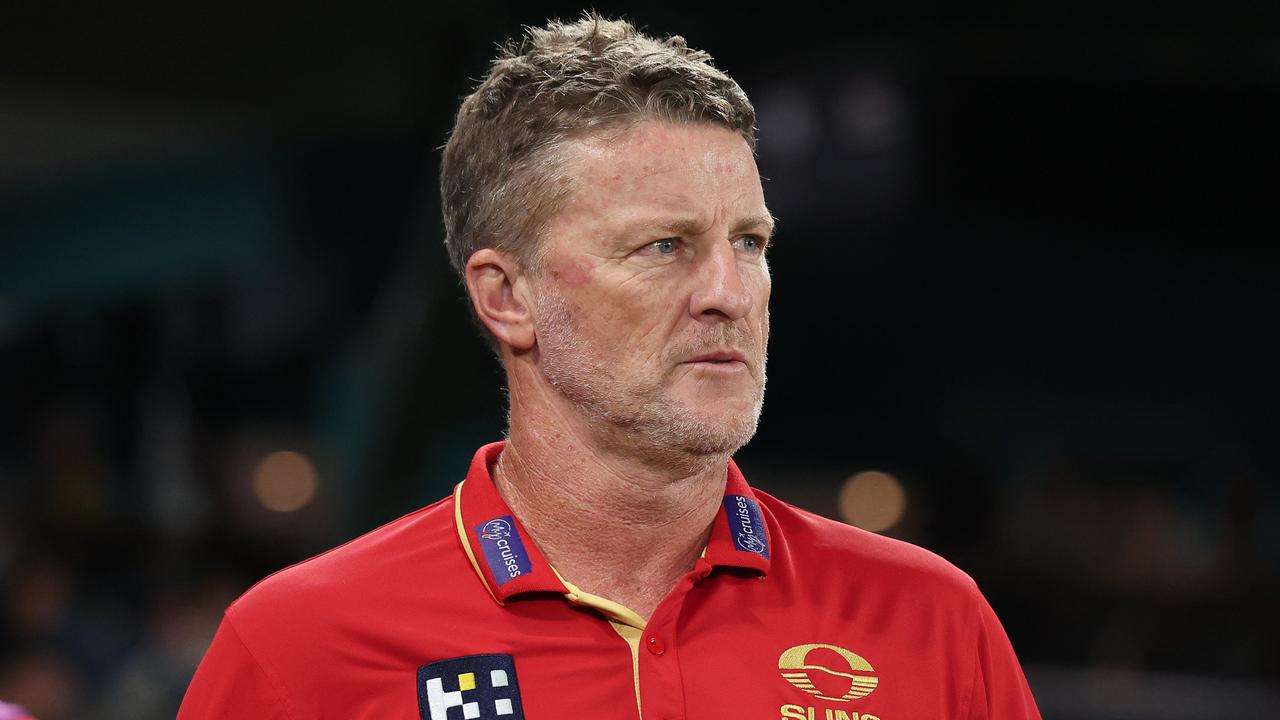It’s all or nothing, every time, but still the villain
Novak Djokovic has won a 10th Australian open and a 22nd major — and yet the neverending lack of respect from outside Serbia hurts him more than you know.

Bumped into a confidante of Novak Djokovic. This is what the World No.1 says in private.
When the booing and razzing and hissing and jeering from everyone other than his fanatical Serbian supporters fades, when he’s in the Rod Laver Arena VIP cafe with his nearest and dearest, when the Norman Brookes Challenge Cup is shining a light on them all, this is what he asks his friends and family.
Why am I always the villain? That’s what he wants to know. I try to be nice to people, he says. I try to be entertaining and honest and funny in my interviews. I try my hardest in matches. I have poured my heart and soul into this tournament. I have won it 10 times and I’m always the bad guy? The Australian Open is special to me. That court means the world to me. Have I ever done anything so truly terrible? Tell me.
He’s desperate for an answer. Why am I always the villain?
And nobody can tell him. They just shake their heads and say rather ruefully, you can only do what you can do. Which is what he’s just done. He’s won a 10th Australian open and a 22nd major. He’s attracted an Australian TV audience of more than two million people for his victory over Stefanos Tsitsipas. Rod Laver Arena has been rocking and rolling and packed to the hilt. Yet again he’s dished up grand sporting theatre but once more he’s nonplussed that universal respect that eludes him in Australia. It hurts him more than you know.
“Just a huge pride and satisfaction that I feel at the moment,” he said after finishing off one of the greatest redemption stories in sport. The deported legend returning to regain the title. The warrior athlete bawling like a baby with his mum and his younger sibling because his dad was absent and he suspected everybody else wanted him to lose.
He would normally strut around RLA in all his pomp and glory and stick it up his dissenters but this time he just buried his face in a towel and sobbed.
“When I went into my box, I just emotionally collapsed there. Teared up,” he said. “Especially with my mother and my brother. When I gave them a hug – up to that moment I was not allowing myself to, I guess, be distracted with things off the court or whatever was happening in dealing with the hamstring injury. They could easily have been a big disturbance to my focus, to my game. It required an enormous mental energy, really, to stay present, to stay focused, to take things day by day, and see how far I can go.
“If I turn back the time 2½ weeks, I wasn’t really liking my chance in this tournament with the way I felt with my leg. Then it was just a matter of survival. Every single match, just trying to take it to the next round.
“Then I played some of my best tennis, honestly, in any Australian Open. I knew it was going to be a big challenge and that I had to stay tough. That is what I’ve done. A huge relief and release of the emotions in the end. It’s difficult to find any additional words, really. This one’s been a long journey, but a very special one.”
Boo? I used to. Arrogant sod! Hypochondriac! Get vaccinated like the rest of us! Not anymore.
Djokovic won a tenth Open title and I was bombarded with emails and texts and saying he’d earned more respect than ever. “He’s a good guy,” the confidante said. “I promise you that.”
Djokovic said: “Coming to Australia was something I was looking forward to. I honestly feel great here and my results are a testament to that. I really wanted to be back here, I wanted to play.
“Of course, considering last year‘s event, I was a bit more nervous. Didn’t know how I was going to be received by the people. But overall it was a very positive experience. Of course, there were things that were happening, also the events of last few days with my father, that were not easy for me to handle at these last stages of a grand slam. But I had to keep it together. That’s why I said it took an enormous amount of mental and emotional energy.”
Boo? Not anymore. In triumph, he faced his entourage and pointed to his head, his heart and his cojones.
“What do you want me to say?” he grinned about that. “You‘ve seen it all. It’s a little code language we have. They understand. It takes a big heart, of course. A lot of mental strength and the third thing, as well, to make it.”
Djokovic and Nadal have 22 majors. Twenty-three is a magical number in sport. The number they’ll be chasing at the French Open in May.
Djokovic will end up beating Margaret Court’s all-time benchmark of 24 slams if his head, heart, cojones and hamstring remain in full working order.
“Of course I’m motivated to win as many slams as possible,” he says. “At this stage of my career, these trophies are the biggest motivational factor, without a doubt. I never really liked comparing myself to others but it‘s a privilege to be part of the discussion as one of the greatest players of all time. If people see me this way, it’s very flattering because I know that I give as much effort and energy into trying to win slams as anybody else. I still have lots of motivation. Let’s see how far it takes me.”
The 35-year-old adds: “I really don’t want to stop here. I don’t have intention to stop here. I feel great about my tennis. I know that when I’m feeling good physically, mentally present, I have a chance to win any slam against anybody. I do like my chances going forward but again, nothing is a given and nothing is for granted. I have awareness there’s a lot of players that want this trophy or the No.1 position in the world. I’ve been so many times in these situations. In those shoes. It helps to keep my mind fresh. I don’t know how many more years I’m going to play or how many more slams I’m going to play. Physically I can keep myself fit. Of course, 35 is not 25, even though I want to believe it is. I still feel there is time ahead of me. Let’s see how far I go.”
Why analyse Djokovic when he’s so prepared to analyse himself? He needs time to sort out his personal thoughts – I’m still the villain? – but he knows one thing about his tennis. He’s never played better.
“In terms of learning about myself, I always try to take away some important professional tennis lessons, but also life lessons about my character, about my experience, about everything that I have been through on and off the court,” he says.
“I need some time and space to reflect on that. It’s hard to talk about it right now because it’s so fresh but in terms of the quality of the tennis, it’s honestly some of the best tennis I’ve ever played on this court. As good as I’ve played in maybe 2011 or 2015 or 2016 or those years where I had some very strong seasons and Australian Opens. I would rank this right up there. Maybe top two, three of all time of my performances in slams in general. Particularly here.”
The sins or silliness of his father? Srdjan Djokovic’s photograph alongside pro-war Russian spectators was nauseating. No doubt the steps outside Margaret Court Arena was the meeting place for Djokovic’s Serbian supporters. That was reason for him to be there. But the pictures of Putin, the Russian flags and the offensive Z symbol should have stood out like dog’s cojones as things to avoid. The only empty seat in RLA was the one normally occupied by Srdjan.
“I thought things would calm down in terms of media and everything,” Djokovic said. “But it didn‘t. We both agreed it would probably be better that he is not there. That hurts me and him, a lot, because these are very special, unique moments. Who knows if they repeat again? So it was not easy for him. I saw him after the match, of course. He was not feeling his best, let’s say, even though he was very happy to hug me. I could see that, yeah, he’s a bit sad.
“Look, it is what it is. What he told me is that it’s important that I feel good on the court, win the match and he’s here for me. If it’s going to be better that he’s not in the box, then so be it. That was the whole conversation. In a way I’m also sad that he wasn’t there and present in the stands. But he was here throughout the entire tournament, so it’s fine. In the end ... we have a happy ending.”





To join the conversation, please log in. Don't have an account? Register
Join the conversation, you are commenting as Logout